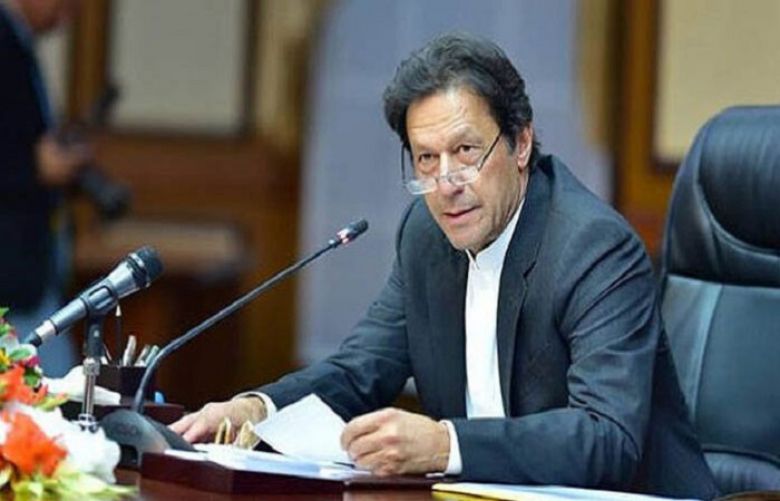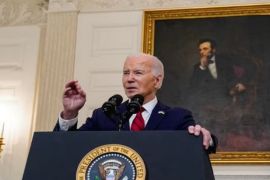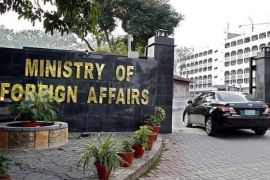Prime Minister Imran Khan on Wednesday congratulated the Foreign Office (FO) on Pakistan’s re-election to the UN Human Rights Council (HRC), vowing that Islamabad will continue to expose India’s rights violations in occupied Kashmir.
Taking to Twitter, PM Imran said that he was pleased with Pakistan’s re-election to the UN body for another three-year term.
“We remain committed to upholding human rights for all, prioritising advancement of tolerance and constructive engagement. We stand resolute against Islamophobia and in support of mutual respect,” said the premier in a series of tweets.
Pakistan will continue efforts towards consensus building and ensuring HRC’s work is guided by principles of universality, impartiality, dialogue & cooperation. Pak will continue to expose human rights violations committed with impunity by the Indian occupation forces in IIOJK
— Imran Khan (@ImranKhanPTI) October 14, 2020
The PM also vowed that Pakistan will work towards building consensus and ensure that the council’s “work is guided by principles of universality, impartiality, dialogue and cooperation”.
“Pakistan will continue to expose human rights violations committed with impunity by the Indian occupation forces in Indian occupied Kashmir,” said PM Imran.
While lauding the FO, PM Imran also appreciated the role Pakistan’s missions abroad played in “another diplomatic achievement, enhancing Pakistan’s profile and recognition on the international stage”.
Pakistan re-elected ‘despite Indian opposition’
Pakistan on Tuesday was re-elected to the UN HRC for a period of three years with an overwhelming majority “despite Indian opposition”.
The 193-member UN General Assembly held elections for 15 new members to the 47-member Human Rights Council, which is based in Geneva.
"Pakistan's success in this important election is a reflection of the country's high standing in the international community," an elated Pakistani Ambassador Munir Akram said in a post-election statement.
This is the fifth time Pakistan has been elected to the council — the first success came in 2006 when the council was created by the UN General Assembly.
Pakistan polled 169 votes, when 97 were needed. The election in the General Assembly was by secret ballot, with a simple majority required.
The contest was only in the Asian-Pacific group as other groups put up agreed candidates. Five candidates contested for the four Asia-Pacific seats on the council. Apart from Pakistan, China, Nepal and Uzbekistan were elected. Saudi Arabia, with 90 votes, could not make it.
Members of the council serve for a period of three years and are not eligible for immediate re-election after serving two consecutive terms.
The HRC is an inter-governmental body within the UN system responsible for strengthening the promotion and protection of human rights around the globe and for addressing situations of human rights violations and make recommendations on them.
The council's membership is based on equitable geographical distribution and seats are distributed as follows: 13 seats for African States, 13 seats for Asia Pacific States, 8 seats for Latin American and Caribbean States, 7 seats for Western European and other States, and 6 seats for Eastern European States.







